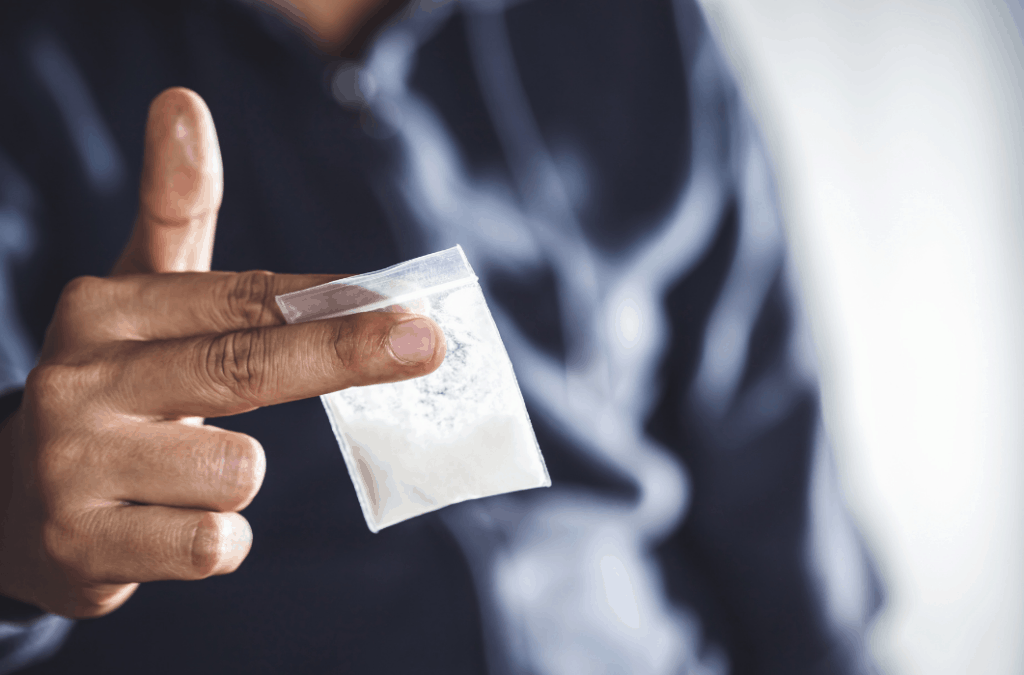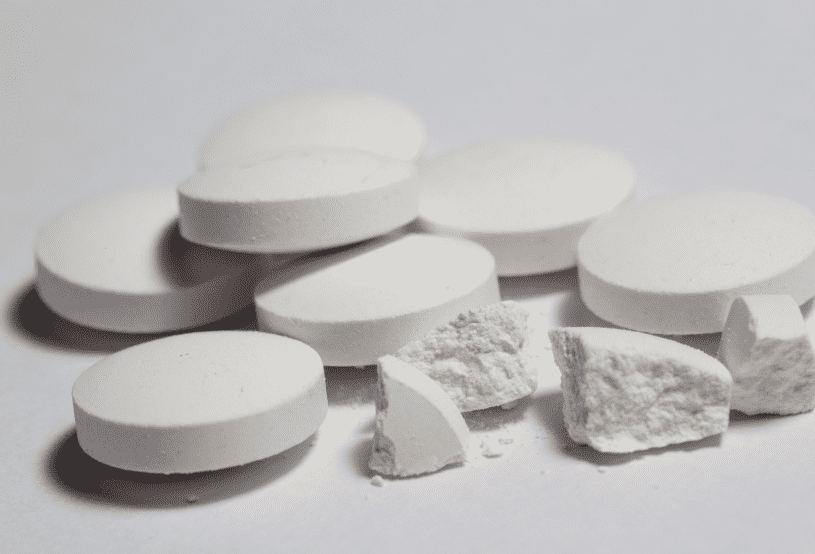What Is Fentanyl?
Fentanyl is a synthetic opioid pain reliever, 80 to 100 times more potent than morphine, that is typically used for severe pain treatment and management for patients who are physically tolerant to other opioids. In recent years, overdoses resulting in death from using fentanyl have increased rapidly and dramatically. In 2015, fentanyl-related deaths only made up 1% of all overdoses in the county, compared to 40% in 2020. This number continues to rise.
In its prescribed form, fentanyl comes in transdermal patches and lozenges. However, at this point in time, fentanyl is frequently manufactured illegally and sold as an illicit drug known for its heroin-like effects. It typically comes in the form of a powder but is also sold on blotter paper and in pill form.
Today, overdose rates from synthetic opioids—particularly fentanyl—are increasingly alarming. According to the DEA, overdose deaths from synthetic opioids rose 55.6 percent in 2020, and appear to be the primary driver of the increase in total drug overdose deaths.
Why Are Various Drugs Being Laced With Fentanyl?
Illicit fentanyl is primarily manufactured in foreign labs, then smuggled into the United States through Mexico. The drug is then sold on the illegal drug market after being distributed throughout the country. Alongside illicit fentanyl that is being sold as such, there is also an increasing amount of other illicit drugs being sold that have been laced with fentanyl.
Often, the individuals buying these drugs think they are purchasing cocaine, heroin, or pills, and unbeknownst to them, the drugs actually contain fentanyl—sometimes at lethal levels. As there is absolutely no quality control in the black market of selling illicit drugs, it is impossible for a consumer to know if their drugs are cut with fentanyl, and if so, how much.
Many illegal drugs these days are intentionally being mixed with fentanyl because fentanyl is low cost, and increases the potency of other drugs. As fentanyl most often comes in powder form, it can be undetectable when mixed with cocaine or heroin. Increasingly, fentanyl—sometimes at lethal doses—is being pressed into pills made to look like legitimate prescription pills, presenting a potentially fatal mistake when consumed.
As many pharmaceutical companies have been impacted by legal lawsuits for their contribution to the opioid epidemic in recent years, some legitimate prescription pills have become scarce on the illicit drug market. This opened up a great opportunity for drug dealers to flood the market with imitation pills, made up mostly or entirely of fentanyl.
In 2021 alone, the Drug Enforcement Administration (DEA) has seized 9.5 million counterfeit pills laced with fentanyl and methamphetamine, which is more than the last two years combined. The counterfeit pills are illegally manufactured by extensive drug networks and are made to look identical to prescription medications such as Oxycontin, Adderall, Percocet, Vicodin, and Xanax. The pills are often sold on the black market through social media and e-commerce platforms.
As fentanyl is exceptionally potent, the risk of overdose from taking the drug is astronomical, particularly when taking it without knowing it, or when mixed with other drugs. The risk and prevalence of fentanyl-laced pills has become so prevalent that the DEA issued its first public safety alert in six years, warning individuals of the sharp increase in fake prescription pills containing fentanyl and meth. The statement came with some alarming news: more than 40 percent of black-market prescription pills contain lethal amounts of fentanyl.
In summary, the reasons why various drugs are being laced with fentanyl are multi-layered, but eventually all boil down to the same thing: money. Fentanyl is abundant, low cost, undetectable, and extremely potent. In an article published in the New York Times, the executive vice president of a drug rehabilitation center in New York City put it aptly by stating, “These are no longer street drugs. This is poison.”
Fentanyl Overdose: Warning Signs And Symptoms
With the risk of fentanyl overdose running so high even when someone doesn’t think they are ingesting fentanyl, it is important to know the warning signs and symptoms of a fentanyl overdose. It is also important to note that in the ongoing opioid crisis, Naloxone has saved thousands of lives. Naloxone is a drug antagonist that reverses the effects of opioids and can be life-saving when an opioid overdose occurs. Naloxone is available to the public, often for free, through programs aimed at harm reduction. These programs also often offer education and training on the use of naloxone.
Symptoms of a fentanyl overdose include:
- Low blood pressure
- Limp body
- Cold, clammy skin
- Blue-colored lips and fingernails
- Decreased heart rate
If it is suspected that someone is experiencing an overdose, it is imperative that you call 911 immediately. While you wait for medical assistance, if the individual is conscious, try to keep them calm, comfortable, and conscious. If the individual is having a seizure, remove all objects in the immediate area to prevent further bodily injury.
Once medical professionals arrive, the individual will likely be immediately treated on scene as needed, before being taken to the hospital for further stabilizing treatment and observation.
In the event that an individual survives an overdose, it is extremely important that they seek professional drug use treatment. If an overdose occurs, it will likely occur again if the substance use is left untreated.
Get Help With Drug Abuse Today
Addiction can affect anyone, and with the increased prevalence and availability of deadly fentanyl-laced drugs, individuals are at a greater risk of overdose than ever before. It does not matter where one is from or what type of substance they use— fentanyl-laced drugs have infiltrated every state, and are masked in a number of substances.
If you or a loved one are struggling with substance abuse, help is available! At Asheville Recovery Center, our addiction specialists offer several proven treatments and treatment programs to help people overcome their addiction. Contact us today for more information on how we can help you or your loved one live a life of sobriety!









